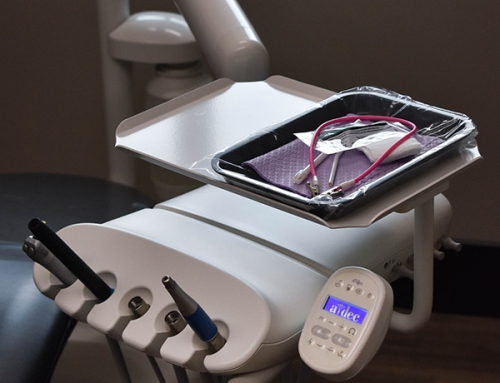A Smile… The Best Tool To Have During Parenting

Every child reads their parents face and uses their facial expressions as a roadmap of how to take on the world. Constant smiling and laughing tells your child that they are in a safe and secure place in this world. Not only are smiles the first expression a baby sees when they are born, they start off as the first building block for healthy and loving relationships with those around them. Through each relationship that they are introduced to, your children learn how to think, understand, communicate and share emotions with other people.
Smiling With Your Babies
With every smile exchanged, chemicals in the brain and body are released, telling your little mini human that it is okay to feel happy and safe in the moment they are in. Sharing a frown can increase the levels of stress hormones, forcing your baby to deal with these new emotions. Furthermore, unnecessary high levels of stress hormones can play a role in how the brain grows and develops, interfering with learning and development. We can all agree that they will experience enough stress as adults, therefore limiting their exposure for as long as you can would be beneficial.
Smiling With Your Child
We have all been there… you are in public and your child is doing the exact opposite of what you have asked of them. Stress city! It is frustrating and giving a smile is the last thing on your mind. Asking your child to allow you to step/turn away and take a few breaths during moments of disciplinary action can allow you to avoid reacting/overreacting. Teaching them how to handle stressful situations begins here. Watching you handle yourself with control will teach them to respond the same way to their own little frustrations.
Smiling With Your Teen
Those teenage years can be challenging enough with social pressures from school, peers and self identity. We all search google for ways to try to encourage our teen to laugh and smile more. We have a few ideas:
- Ask Questions They Want To Answer: Show interest in their day- ask what their favorite part of the day was. If they have no answer, get even more descriptive asking “what made them laugh today” or “what was the best thing you saw today.” Getting them to open up about smiles shared throughout the day gets them to relive the experience/smile and may even get a smile out of you.
- Watch or Read Funny Content That They Find: Parents have a memory of getting humor content from comics, magazines, games and jokes. Your teen gets a lot of their smile content from youtube, social media and friends messages. That means in order to share their humor with them, you will need to adapt. Ask them to show you what they are following- it will lead to discussions, laughs and a better understanding of what makes them smile.
- Get Outside: We can get into all the studies about how physical exercise can help with stress and happiness, but let’s simplify it even more. Getting on a paddle board, mountain bike, or watching a parent try their luck on a hover board is bound to get a smile or two out of your teen- even if it is at your expense.
- Dental Health: Of course we have to throw this one in…When your teen is self conscious about smiling, they are bound to do it less often. Get your child in to talk about what is creating their insecurity and let us help out. We love seeing your teen smile just as much as you do!





